After you’re booked to stand in on a project, when you get your voucher on set you might also be asked to sign a confidentiality agreement or a non-disclosure agreement, otherwise known as an NDA.
Signing these types of documents is insurance for a production against your disclosing sensitive information about the project you’re working on. On the whole, these documents should be taken very seriously because your disclosure of production information may lead to your immediate termination or even legal action against you.
It is probably fairly easy to understand why not to disclose production information in this era when viewers are very sensitive about hearing spoilers. Here are some general tips when you are working on a confidential project for which you signed an NDA.
Please note that what follows is not legal advice, and any questions about behavior relative to NDAs should be directed to a lawyer.
When You Haven’t Signed an NDA
In truth, most projects you work on as a stand-in won’t require you to sign an NDA. However, it is generally expected and assumed that you will not disclose plotlines, story arcs, guest stars, or other “telling” production information when you work on a production as a stand-in. Even though you may not have signed an NDA, disclosing production information with others not involved in the production may be grounds for termination as a stand-in.
While a production may not have you sign an NDA, your casting office may have had you sign an NDA when you registered with them, which may bind your behavior over all of the productions you work on through that office. If you disclose production information with others not involved in the production, you may find yourself not only in trouble with the production but also in trouble with the casting office. Disclosing production information may mean you are put on probation with the casting office — or even your relationship with them discontinued.
In general, even if you haven’t signed an NDA, avoid using social media like Facebook, Twitter, YouTube, Instagram, etc., to release information about your work on a production. Some stand-ins may feel comfortable talking about working on a production on social media without disclosing the name of the project or while being vague about the project, but other users may be able to triangulate and “out” the production on which you are working, inadvertently disclosing your project. Not releasing any information about your work on a production is a better bet for keeping your job as a stand-in.
Furthermore, even if you haven’t signed an NDA, avoid talking to the public about specifics about the production you’re working on. For example, if you’re standing in on an exterior shoot, you may attract pedestrians who want to know what is going on. In many cases it is okay to say what the name of the production is and sometimes the names of the actors, but use caution in doing so as it may invite unwanted attention to the production. If you are asked by a person not involved with a production what is going on or what actors are present at a shoot, it is perhaps always appropriate to answer “I don’t know.”
Taking photos is largely discouraged when you are working as a stand-in. Avoid taking photos of the set, actors, etc., or else you may draw the suspicions of the production that you are collecting information to post online.
When You Have Signed an NDA
When you sign an NDA on a production, make sure to read its contents. The NDA will stipulate not only what behavior is banned, but also what the penalty might be for banned behavior. Keep the terms of the NDA in mind while you work should you feel the desire to share information about the production with others.
After you’ve signed your NDA, usually you won’t be given a copy to keep. At this point, in order to have a record of what you signed and in order to know the scope of the production’s NDA, take a photo of the NDA with your smartphone. By doing this, you can use the NDA as a reference should you be unsure whether disclosures you want to make are banned by the NDA. Also, if a production’s legal counsel should contact you regarding behavior they deem in violation of the NDA, you’ll have a record of what you signed to reference for your own counsel’s defense if necessary.
If you’ve signed an NDA, it may be extra important not to share information about a production with the public. If your production is shooting under a code name, that code name is likely to provide another layer of confidentiality to the production. If you share the actual name of the production with the public, you may put yourself at risk for termination. Observe the non-disclosure agreement as best you can in order to avoid trouble, and avoid talking to others outside the production about the project on which you’re working.
Keep in Mind the Term for the NDA
The NDA probably is not binding for just the day on which you work as a stand-in. Rather, the NDA may be binding for a considerable term after you stand in on the project. Be careful about sharing production information after your work on the project has ended, especially when the production has not screened, aired, etc.
What You Can Say
If you wish to promote your work as a stand-in, it may be acceptable to share with casting directors, agents, et al., the nature of your work as a stand-in. For example, if you stood in for a guest star on a television show, it may be acceptable for you to share that information privately with an industry professional in order to promote your work. Practice discretion, though, as this behavior may technically be in violation of the NDA.
Sharing information publicly available about a production may not be in violation of an NDA. Therefore, sharing the title, name of an episode, or actors’ names may be legal relative to the NDA if the information has already been shared publicly. Consult your NDA for guidance on sharing that type of information
In some cases, you might be able to share details about the production as long as you do not share key elements about a production. For example, you might be able to share that you stood in for a particular actor on a project, but not disclose the name of that project or any other details about that project. In theory, if you share this information online, you are not sharing details about a production but instead sharing information about your work. Again, practice discretion in performing this, though, as it may technically be in violation of the NDA.
In Conclusion
When you sign an NDA, take it very seriously else it may not only lead to your termination and jeopardize your relationship with a casting office, but also lead to expensive legal action against you. Abstaining from sharing anything about your work as a stand-in may be your best strategy for honoring an NDA.
Do you have a legal perspective on non-disclosure agreements? Have you had a run-in with NDAs? How confidential do you need to be when you sign a confidentiality agreement? Share your insights below! (Again, note, any comments below are not legal advice, and any questions about behavior relative to NDAs should be directed to a lawyer.)
Discover more from Stand-In Central
Subscribe to get the latest posts sent to your email.

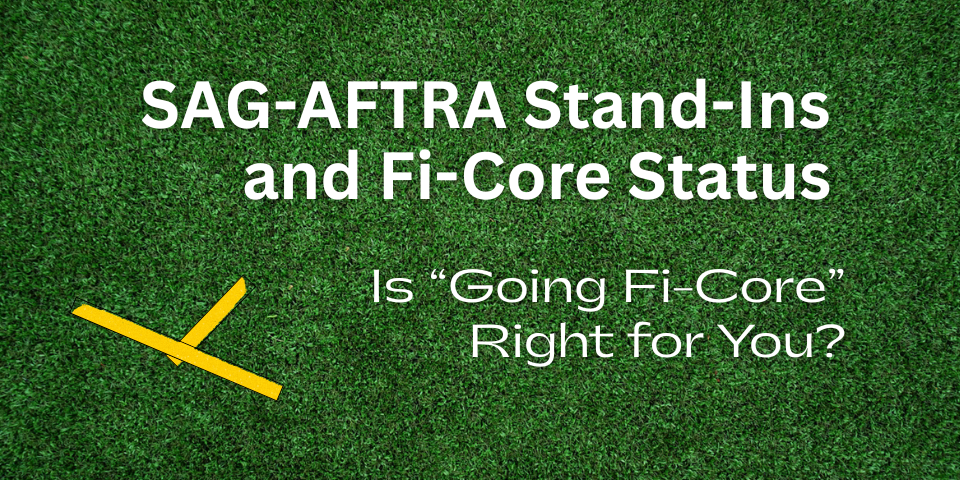
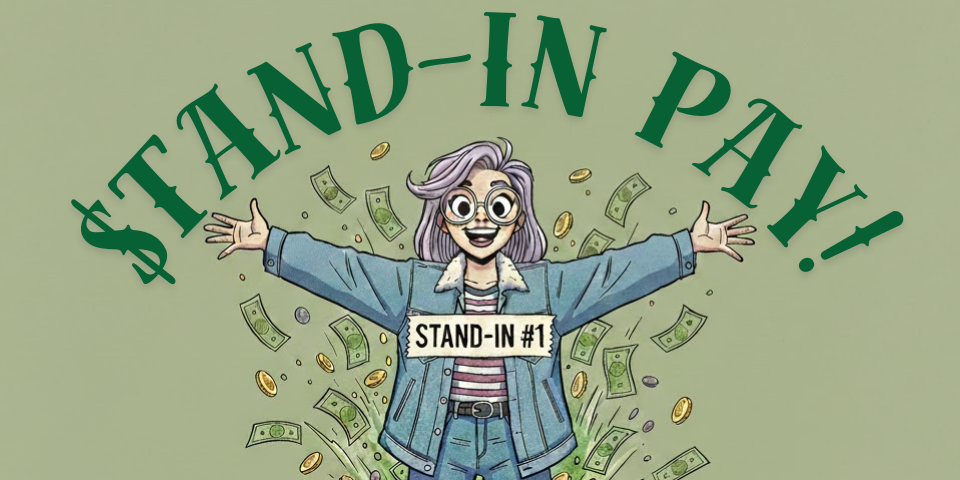
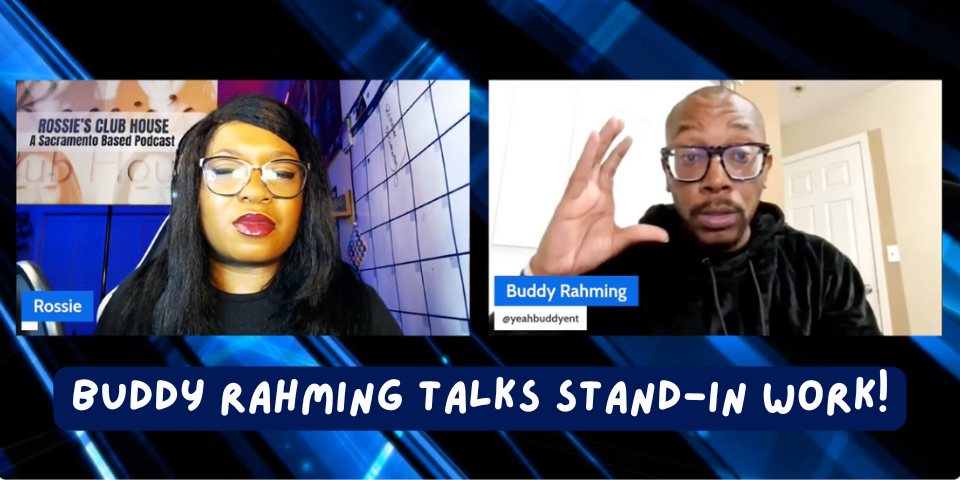
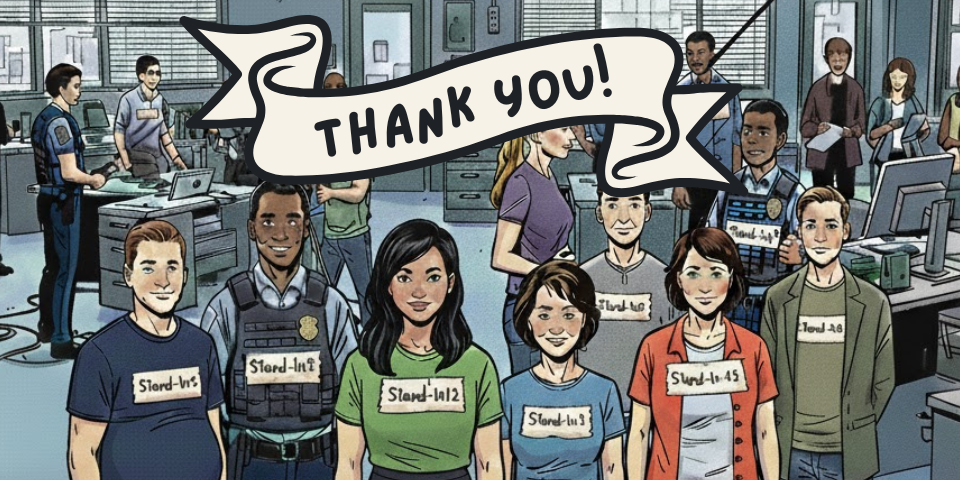
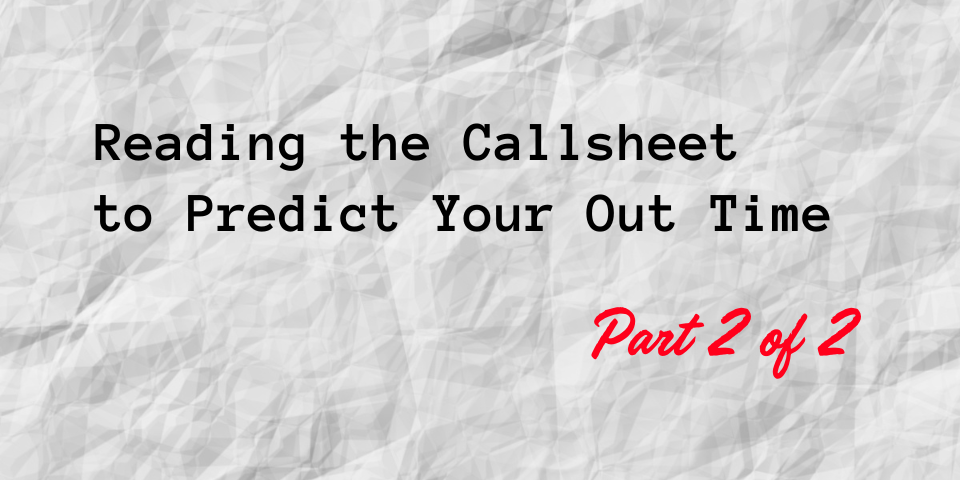
Thanks for this! It helps to be reminded about keeping production information confidential. I am seeing NDA’s on sets more and more lately.
If I have signed a NDA, will I be allow to post on my social media the commercial after it has aired on television?
I would have no idea without reading the NDA, so make sure you read the NDA, and if you still have questions, ask production. If it is a SAG-AFTRA signatory commercial, you might also want to ask them for their opinion, but I am guessing they did not write the NDA in your case so wouldn’t necessarily be the best people to ask.